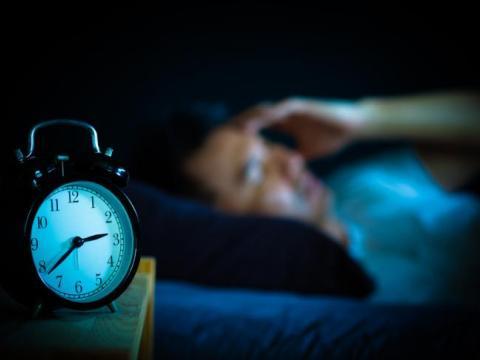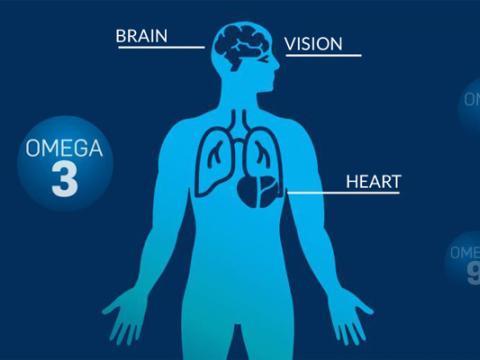Our body clock is influenced by the food we eat.
There is an intrinsic link between sleep quality and alertness levels during the day. Our degree of “wakefulness” is particularly influenced by the rhythm and content of our meals.
For this reason, it is advisable to eat three meals a day, plus a mid-afternoon snack. The types of food eaten at these meals - breakfast, lunch, afternoon snack and dinner – are not the same. The key point to note is that some foods are calming and induce sleep, whereas others stimulate the body.
An ideal day of eating ahead of a good night's sleep:
- Morning: to get the day off to a good start, it is a good idea to include some protein in with breakfast (cheese, fromage blanc, Petit Suisse-style fresh cheese, ham, egg, bacon, dried beef, etc.) alongside the typical components (cereal, fruit, drink…). Avoid sugary foods since they can make you feel drowsy, unless they are taken in conjunction with physical exercise.
- Lunch time: focus on protein, and note that red meat is a stimulant and keeps you alert during the afternoon. All the other typical lunch-time food is fine, but try to cut out very sweet desserts which can amplify the natural drowsiness which many people feel at the start of the afternoon.
- If necessary, add in a mid-afternoon snack. The best choice is a low-protein snack that is high in complex (slow-release) carbohydrates, such as wholegrain bread. Dried fruit is also an attractive option, as is fresh fruit.
Throughout the day, drink enough water to maintain sufficient hydration levels.
- Evening: a light meal with no alcohol is preferable, eaten two to three hours before going to bed and not containing red meat (which is a stimulant) or oily food which is difficult to digest and which can cause interrupted sleep. The ideal dinner should be based primarily on vegetables, complex (slow-release) carbohydrates and legumes, which provide a valuable source of plant protein (lentils, split peas, dried beans, etc.). Complex carbohydrates and sweet foods promote the production of serotonin, a precursor of melatonin which is a hormone which helps you to fall asleep since it sends a “go-to-sleep” signal to your body clock.
Examples of snacks
When away from home, choose from:
- Fresh fruit such as an apple, banana, orange, tangerine...
- Plain chocolate
- Fruit juice (tetra pak of pure juice), still water
- A savoury biscuit or a portion of cheese
- A cereal bar (avoid any with a high sugar content)
When in the house, choose from:
- A smoothie (fromage blanc & red fruits) or dairy produce
- Plain chocolate
- Fresh fruit: banana, apple, orange...
- Multigrain bread, with a knob of butter or cheese
- Fruit juice with no added sugar, still water
Finally, you should avoid colas and coffee after 2 pm, since they are strong stimulants






